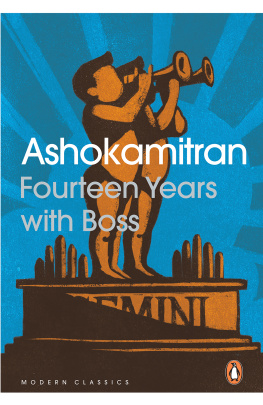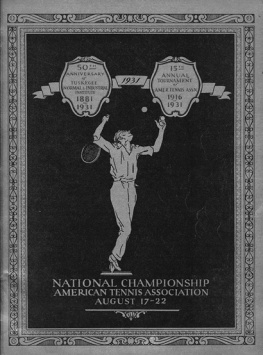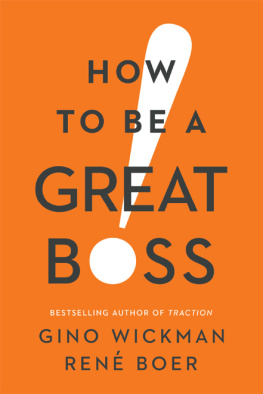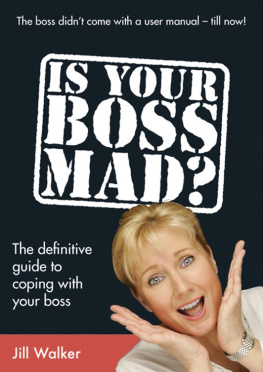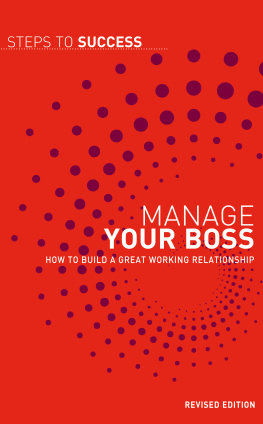Tom Black - Meet The New Boss
Here you can read online Tom Black - Meet The New Boss full text of the book (entire story) in english for free. Download pdf and epub, get meaning, cover and reviews about this ebook. year: 2018, publisher: Sea Lion Press, genre: Non-fiction. Description of the work, (preface) as well as reviews are available. Best literature library LitArk.com created for fans of good reading and offers a wide selection of genres:
Romance novel
Science fiction
Adventure
Detective
Science
History
Home and family
Prose
Art
Politics
Computer
Non-fiction
Religion
Business
Children
Humor
Choose a favorite category and find really read worthwhile books. Enjoy immersion in the world of imagination, feel the emotions of the characters or learn something new for yourself, make an fascinating discovery.

- Book:Meet The New Boss
- Author:
- Publisher:Sea Lion Press
- Genre:
- Year:2018
- Rating:5 / 5
- Favourites:Add to favourites
- Your mark:
- 100
- 1
- 2
- 3
- 4
- 5
Meet The New Boss: summary, description and annotation
We offer to read an annotation, description, summary or preface (depends on what the author of the book "Meet The New Boss" wrote himself). If you haven't found the necessary information about the book — write in the comments, we will try to find it.
Tom Black: author's other books
Who wrote Meet The New Boss? Find out the surname, the name of the author of the book and a list of all author's works by series.
Meet The New Boss — read online for free the complete book (whole text) full work
Below is the text of the book, divided by pages. System saving the place of the last page read, allows you to conveniently read the book "Meet The New Boss" online for free, without having to search again every time where you left off. Put a bookmark, and you can go to the page where you finished reading at any time.
Font size:
Interval:
Bookmark:
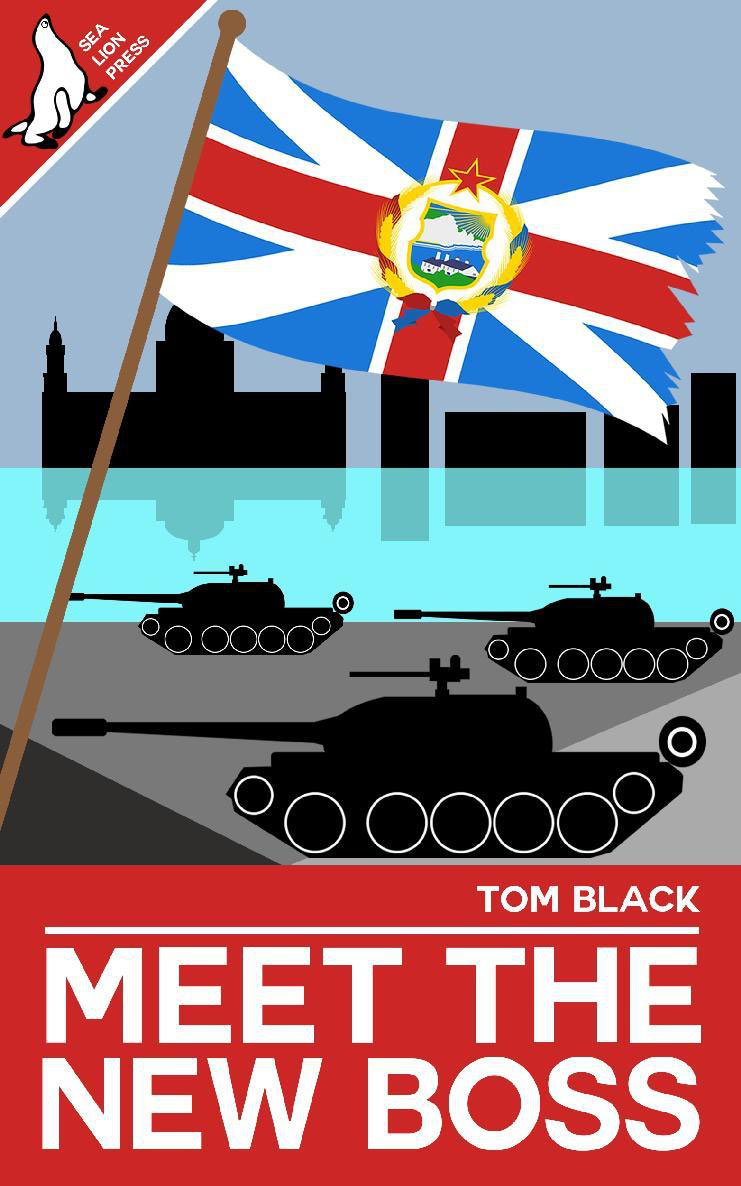
The actions taken by David Lloyd George in 1940 divide scholarly opinion worldwide even to this day. At the time, as German shells fell on Londons East End and Churchill lay dead in a destroyed railway carriage, it seemed to the grand old man of British politics that there was no other option. Of course, there was - to fight, fight and fight again. To never surrender to fascism. But this choice was, tragically, not acceptable to the man who, incredibly, was at the time Britains greatest living statesman.
However, even Lloyd Georges harshest critics accept that his actions - the visit to the King, formation of a government and immediate armistice negotiation were all motivated by a determination to spare Britain another destructive war. The Man Who Won The War was committed to ending this one. But, in doing so, the Welsh Wizard became the Welsh Weasel.
The formation of the National Action Party in December 1940 saw Lloyd George, Harold Nicolson, J.F.C. Fuller and others form a cabinet, with Lloyd George moving into Number 10. The legacy of his predecessors was there for him to behold. The Plymouth Room still bore the garish, huge photograph of a triumphant-looking George Lansbury presiding over the sale of much of the British fleet, and the ironically-named London Armaments Treaty of 1938 hung on the opposing wall. Even the official portrait of Anthony Eden, dated January 1939, could not hide the young mans sense of bewilderment. Finally, the half-finished wall in the garden of Downing Street (swiftly demolished by a team from the Reich Engineering Corps) stood as an eerie testament to Britains last democratic Prime Minister.
The period of British history known as the Second Protectorate by supporters and detractors alike began in March 1941. With the King dead by his own hand (despite what conspiracists still say today, this is the truth of the matter) and the princesses on a submarine in the North Atlantic, the United Kingdom de facto became the Commonwealth of Great Britain (Northern Ireland had been incorporated into ODuffys Irish State the month before). Lloyd George (who was at this point not quite the pawn of von Ribbentrop that he would become) was proclaimed Lord Protector by the considerably thinned-out House of Lords.
The Second Protectorate and the horrors that ensued from its rule are well documented elsewhere, so this document will not seek to provide a full picture. But the key events - the appointment of Mosley as Home Secretary in 1942, the Liverpool Rising, the assassination of Seyss-Inquart and resulting annihilation of Godstone - are so etched into any modern Britons mind that it is surely unnecessary to elucidate much further. For Lloyd George, all this passed as a blur. In 1943, he was forever broken by von Ribbentrops decision to overrule the National Action Partys Police Force (Special Services) Act and intern the entirety of Britains constabulary. Mosley proved a greater turncoat even than Lloyd George himself - though his appetite for power shocked the occupiers to the point that they, ironically, blacklisted him from any office higher than the post that was still laughably called Home Secretary.
For the rest of the war, Lloyd George was increasingly used as a figurehead and nothing more. When his health began to seriously wane, he denied even this status. Instead, it would be Harold Nicolson who informed Britons that they had nothing to worry about when Berlin fell in late 1945. The reality of the matter was that, of course, Ribbentrop, Six and other senior officials were frantically loading as much of the Bank of England's gold as they could carry onto ships bound for Argentina.
Lloyd George was barely lucid when London gained the dubious accolade of being the site of the end of the Third Reich. After the formal surrender of London by Generalfeldmarschall Rommel, the last of the eight farcical 'acting Fuhrers', Robert Ley, committed suicide. Rommel immediately asked for passage to Germany in order to establish a transitional government that might restore democracy, but the Red Air Force was, unsurprisingly, unwilling to oblige.
Marshal Slim, commander-in-chief of the British Shock Army for Patriotic Liberation, ordered that the Welsh Weasel be brought to him during the 4th British Rifles takeover of Whitehall. Two privates allegedly entered the Lord Protectors residence in the basement of Downing Street to find David Lloyd George upright at his desk, but quite dead. Suicide was, remarkably, ruled out, though he had only been dead a few hours.
The man who had led Britain through one national crisis and to destruction during another had left the stage. But, even at that very moment, a plane from Moscow was carrying the man who would play the lead in our nations next act.
The first man to become First Secretary of the Communist Party of the Commonwealth of Great Britain was, at the time of his birth, the son of a Conservative MP. Born Richard Stafford Cripps in 1889, he embarked on a lengthy intellectual and political journey that began with his fathers defection to the Labour Party culminated in his move thoroughly leftwards in the late 1920s.
The Lansbury-era Labour Party was no place for a man of the true left, however, and Cripps became a leading figure in the ever-expanding ILP. A frequent backbench critic of the increasingly pacifistic government, he became an unlikely ally of Winston Churchill, who was grateful to find he was not the only sane man left in Parliament.
When the Eden government collapsed in February 1940, Cripps made an impassioned speech calling for Churchill to be sent for by the King. In return, Churchill made him Minister of Information. Thanks to security protocols making it impossible for Churchill to make a live broadcast, it fell to Cripps to inform the nation via radio that the British Expeditionary Corps had been annihilated at Calais.
Realising that a serious rapprochement with the USSR was the only hope of defeating Hitler, Churchill made Cripps the ambassador to the Kremlin in September 1940. He arrived in the Soviet Union only days before the German invasion of Britain. Immediately upon learning that the Prime Minister was dead, Cripps requested an audience with Stalin himself. This was denied, but the lower-level apparatchiks were just as capable of informing Cripps that he would not receive any support while the workers and peasants of the Soviet Union are in alignment with the people of Germany.
Come May 1941, Cripps luck changed overnight - along with the luck of many unfortunate Soviet conscripts on the German border. Soon, Cripps had formed the Free British Government (FBG), based in Moscow, and begun regular radio broadcasts critical of the Lloyd George regime. To many, this vaguely aristocratic bureaucrat with a larger-than-life charisma became the unlikely figurehead of British resistance. Ian Fleming (famous to a generation of post-war boys as the inspiration for the dashing and witty resistance hero Jack Flame, scourge of Von Ribbentrop) recalled listening to Cripps broadcasts with his comrades before going out to wreak havoc with dynamite, farmers shotguns and pipe-guns (the crude submachine gun design that could be assembled out of essentially anything).
Font size:
Interval:
Bookmark:
Similar books «Meet The New Boss»
Look at similar books to Meet The New Boss. We have selected literature similar in name and meaning in the hope of providing readers with more options to find new, interesting, not yet read works.
Discussion, reviews of the book Meet The New Boss and just readers' own opinions. Leave your comments, write what you think about the work, its meaning or the main characters. Specify what exactly you liked and what you didn't like, and why you think so.

